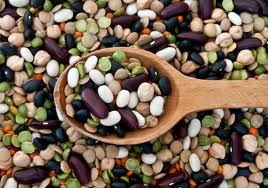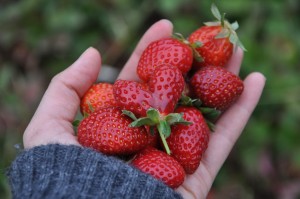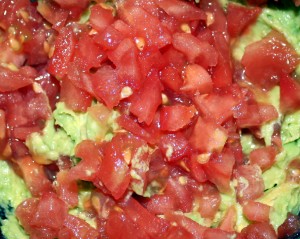 We’ve all heard the saying “food is fuel.†Beyond providing the basic amount of energy needed to sustain coherent thought and sober movement throughout the day, food can also help sustain your performance during a cardiovascular workout.
We’ve all heard the saying “food is fuel.†Beyond providing the basic amount of energy needed to sustain coherent thought and sober movement throughout the day, food can also help sustain your performance during a cardiovascular workout.
No “magic bullet†food item instantly boosts cardiovascular fitness; in the world of sports medicine, these items are usually known as “performance-enhancing agents.â€
Food that allows you to make it through an aerobic workout without feeling inadequate usually involves a relatively large amount of carbohydrates, which permits the largest amount of glycogen storage possible. It’s also important to consume sufficient amounts of protein to ensure that muscle repair and growth can take place normally after a workout.
Although it’s tempting to buy into the claims of any number of health supplements that say they instantly boost cardiovascular performance, a more realistic (and probably more affordable) approach is to avoid heavily processed foods. In contrast to processed foods, foods made from scratch are denser, nutritionally speaking, and easier to digest.
One food item that can help cardiovascular performance is legumes. These include beans, lentils, and peas. Typically, legumes contain high amounts of iron, which red blood cells require to be able to carry oxygen throughout the body. Additionally, legumes regulate blood sugar and insulin levels, and they are protein-rich, combining to produce energy that can be sustained over a longer duration.
A complex carbohydrate, such as oatmeal, is another key component to ensuring a steady supply of energy for an aerobic workout. Unprocessed oatmeal requires a longer digestion time. This means that unlike simple carbohydrates such as plain sugar, the prolonged digestion releases the energy in oatmeal more slowly, ensuring steady blood sugar levels in the course of a grueling workout.
The taste of plain oatmeal can be unpalatable, which is why it’s a good thing it may be combined with peanut butter. Peanuts are high in monounsaturated fats, “fats†being the reason they are approached with caution; however, monounsaturated fats are the “good†fats that feature prominently in Mediterranean cooking. Additionally, fat is calorie-dense and is digested slowly, providing a source of sustained energy. Thus, adding some peanut butter to your oatmeal will not only improve the taste, but it will help you through your workout as well.





